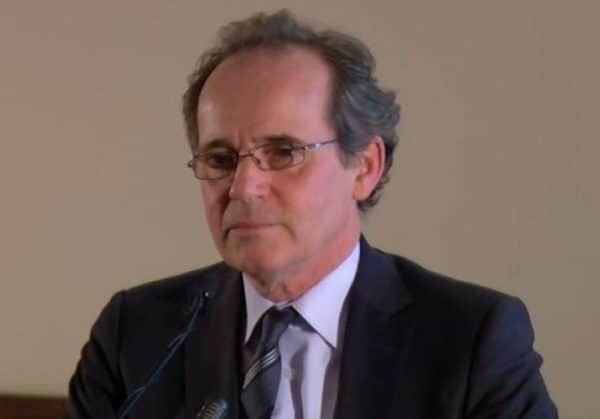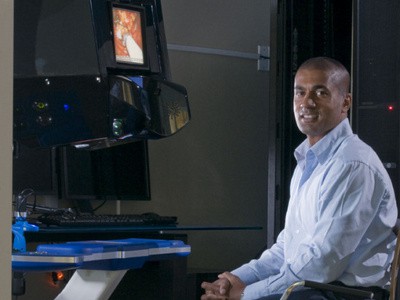
Ventripoint, however, managed to remove many investor’s fears that a lack of ongoing financing might derail the company when, late in June, it closed the first tranche of a proposed $3 million financing it had announced in May. The company, which has designed a three-dimensional diagnostic system for examining the heart it says can offer a better alternative to traditional methods such as MRI’s, have rallied since mid-summer as investors are now choosing to focus on the company’s upside, which looks increasingly bright.
In August, Ventripoint began a research collaboration with Toronto’s Hospital for Sick Kids. Sick Kids is the first hospital in the world to use the company’s VMS 3D system to detect Tetralogy of Fallot, a congenital heart defect in children. The hospital compared the methods to traditional MRI results and were sufficiently impressed to enter into a ongoing research agreement with Ventripoint. Dr. Luc Mertens, the head of echocardiography cardiology at the hospital, says he “found an excellent agreement between both techniques and, based on these findings, decided to introduce the method in our echocardiography laboratory.”
Ventripoint management says their system is simply a better mousetrap. The Ventripoint Diagnostic System, they claim, can increase the speed of diagnosis by as much as twenty times, and does so using existing 2D or 3D imaging equipment already found in most hospitals. The patented methods in Ventripoint’s software and tracking systems sensor work by identifying anatomical sites, or dots, in the heart and then connect these dots to form an image of the heart that is more realistic and specific than existing MRI’s. Last week, the company began a clinical trial to prove out its 3D imaging technology. The trial will enroll 83 patients from five centres around the US. Ventripoint will use data from the trial in a submission to the FDA later this year.
Aside from a device that is already performing well in on the ground situations and a little more cash to see their business plan through, Ventripoint may finally have another ally; timing. A report earlier this year from New York based market research firm Kalorama Information says the global market for medical devices is ready to rebound after the recent recession. “There are many drivers on the upside for medical devices” says Kalorama publisher Bruce Carlson, including “Demand for healthcare services in emerging nations, the need for reducing hospital stays and the aging world population…” Kalorama says it expects 4-6% growth annual growth will become the norm for the sector.
Lest anyone think the company is targeting a niche opportunity, Ventripoint management is clear about their strategy to capture a sizable piece of this growing market. The company’s leaping off point for its 3D system is in congenital heart disease, a market they estimate at about $80 million, based on 1.26 million scans annually. But other markets applicable to their technology scans, such as pulmonary hypertension, heart failure and coronary heart disease are much larger. The company estimates the size of these markets is $734 million, representing more than a 11 million scans a year.
Ventripoint closed Friday up 7%, to $.23 cents.
________________________________________________________________
_________________________________________________________________
Leave a Reply
You must be logged in to post a comment.




 Share
Share Tweet
Tweet Share
Share




Comment